The book is like the spoon, scissors, the hammer, the wheel. once invented, it cannot be improved
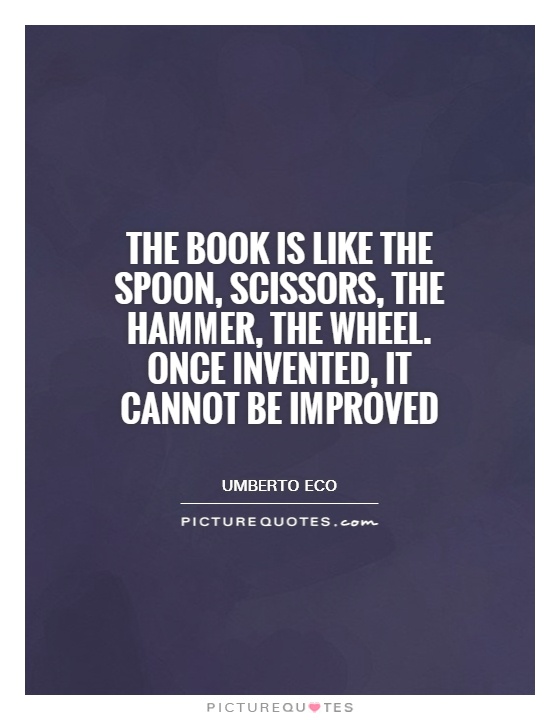
The book is like the spoon, scissors, the hammer, the wheel. once invented, it cannot be improved
Umberto Eco, the renowned Italian novelist, philosopher, and literary critic, once famously said, "The book is like the spoon, scissors, the hammer, the wheel. once invented, it cannot be improved." This profound statement encapsulates the timeless and enduring nature of the book as a medium of communication and knowledge dissemination.Eco's comparison of the book to essential tools and inventions highlights the fundamental role that books play in human civilization. Just as the spoon, scissors, hammer, and wheel have remained indispensable tools for centuries, the book has stood the test of time as a means of preserving and transmitting knowledge, ideas, and stories. Despite the advancements in technology and the rise of digital media, the book continues to hold a special place in our culture and society.
One of the reasons why the book is considered an invention that cannot be improved upon is its physicality and tangibility. Unlike digital texts that can be easily deleted or lost in the vast expanse of the internet, a book is a tangible object that can be held, touched, and passed down through generations. The act of turning the pages, feeling the weight of the book in your hands, and smelling the musty scent of old paper all contribute to the unique and immersive experience of reading a physical book.
Furthermore, the book has a timeless quality that transcends technological advancements and cultural shifts. While digital formats may come and go, the book has remained a constant presence in human history. From ancient scrolls and manuscripts to modern printed books, the medium has evolved over time but has retained its essential purpose of conveying information and ideas to readers.
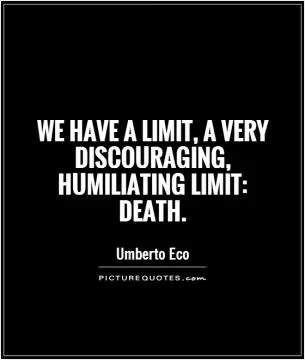


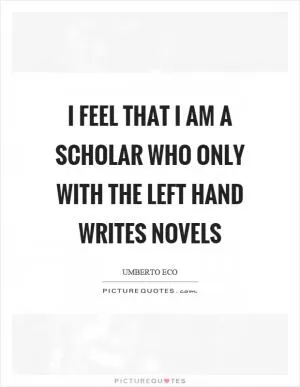

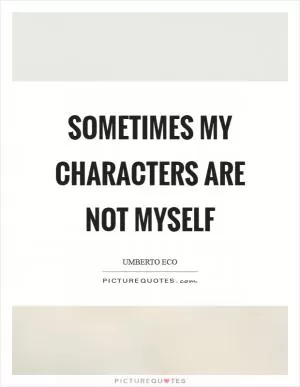
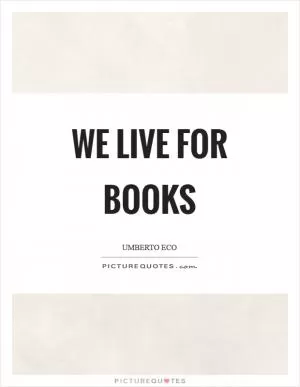

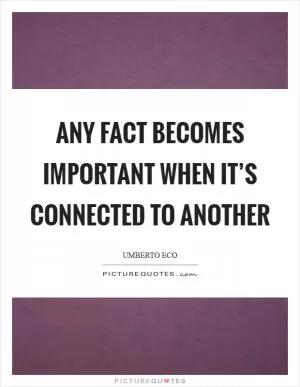
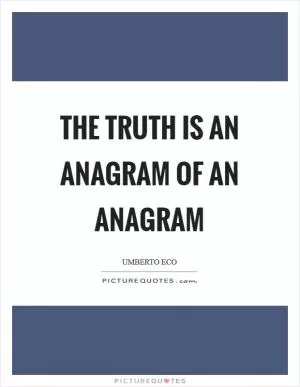
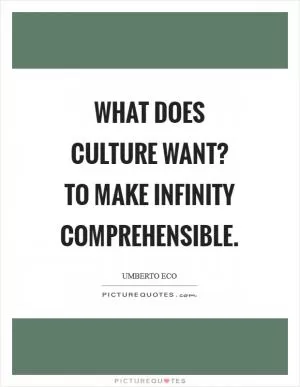
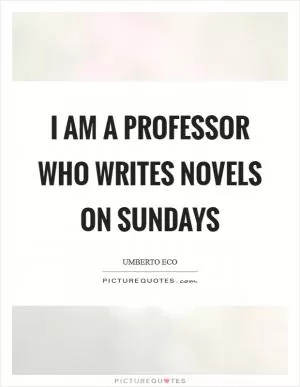
 Friendship Quotes
Friendship Quotes Love Quotes
Love Quotes Life Quotes
Life Quotes Funny Quotes
Funny Quotes Motivational Quotes
Motivational Quotes Inspirational Quotes
Inspirational Quotes